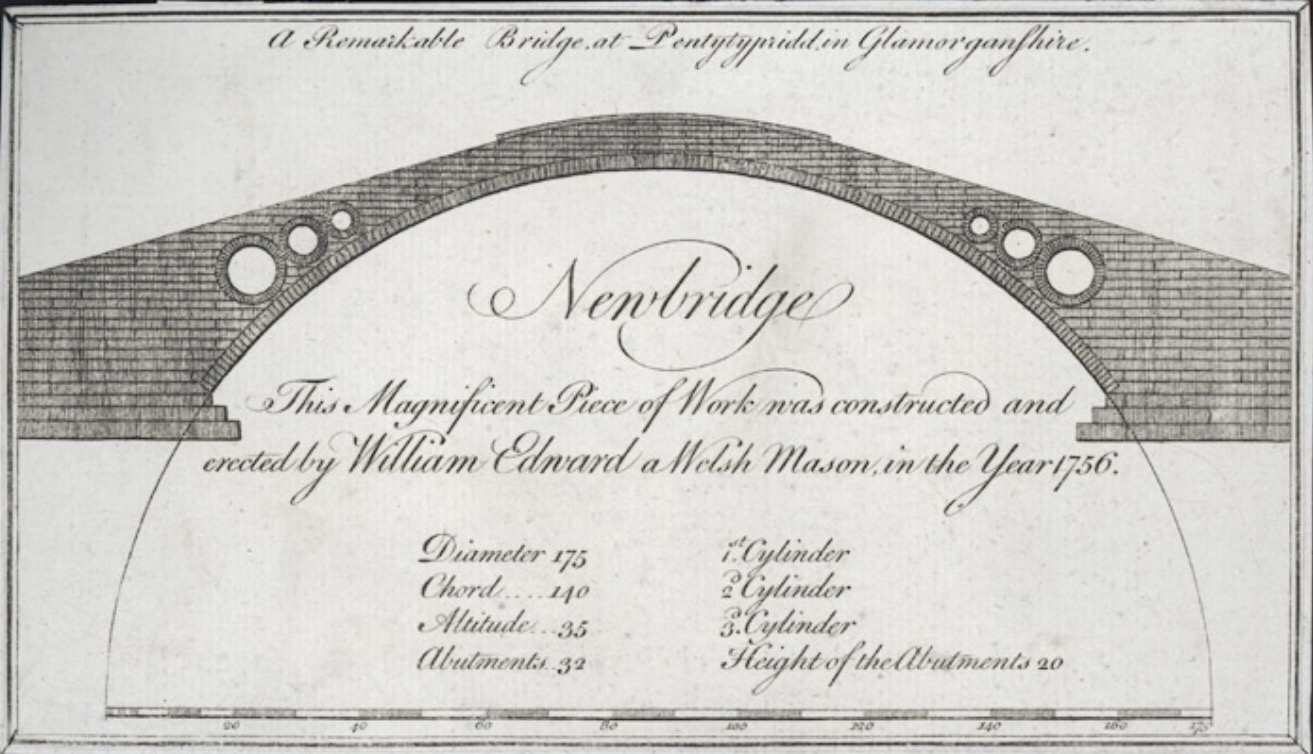 My treasured 1962 paperback version
My treasured 1962 paperback versionWhy do we waste so much time on trivial things in work?
This is an explanation I think should be on the syllabus of every management development programme and business school in the land.
It’s like one of those fundamental truths that get overlooked, because it’s slightly inconvenient and uncomfortable. I said I’d write about this in the post on Bikeshedding, Parkinson’s Law of Triviality. It’s so relevant, even 60 years on, that it deserves a good airing.
Here’s a link to a copy of the original 1955 essay in The Economist, which I’d highly recommend reading. The article opens with the quote “work expands to fill the time available for its completion”. This is based upon two underlying laws:
- The law of multiplication of subordinates; and
- The law of multiplication of work.
The basic theory is that an individual within a large administrative organisation will reach a point in their career where things start to get a bit ‘too much’ for them (as a ‘middle aged person’ I might recognise this phenomenon…). Rather than leave the job or share it with anyone else, they make the case for acquiring subordinates (good old empire building). Subordinates will lead to more subordinates and eventually there is a department to manage. However, the quantity of real work hasn’t actually increased very much (if at all).
If the work hasn’t increased that much, what to people do? Parkinson suggests that, “they read the memos they send each other”. Just pause and have a think for a moment. Anyone experienced something similar? In the modern world this would be the pointless emails that clog up work life? Emails from the corporate centre and colleagues who sit across the desk from you? (and don’t get me started on the cc’d ones that undermine trust and drive me wild).
The theory is great but Parkinson’s master stroke is his ‘Scientific Proof’. There are two examples he uses to illustrate his point, the numbers of Royal Navy Ships compared to Clerks and Admiralty Officials and staff at the Colonial Office.
 Admiralty Statistics – More Admirals than Ships….
Admiralty Statistics – More Admirals than Ships….Between 1914 and 1928 he provides data to show the decline in number of ships (68%) and Ships Crew (31%) compared with the increase in Clerks (40%) and Admiralty Officials (78%).
Have a look at the graphic attached. It’s also well worth looking at the original paper which gives some good reasons why this shouldn’t have happened.
The story from the Colonial Office is even starker. In essence, between 1935 and 1954 the staff increased from 372 to 1661, over 400%. At the time the responsibility of the Colonial Office was declining, and by the time of the end of British Empire the Department had its highest number of staff ever – even with “certain areas being in enemy hands” (you might have a similar example?).
Although there is plenty of humour in this paper, it does make a serious point, and gives the evidence to support the theory. It’s as relevant today as it was 60 years ago. Modern ‘management speak’ is all about ‘back office functions’ and efforts to make them more efficient.
What needs to be recognised, and dealt with, are the processes that get you to that position in the first place “work expanding to fit the time available for its completion”. I also wonder if this pattern has altered in 60 years now that there is better gender balance in the work place. Do women feel such a need to pointlessly empires build as (some) men do?
So, What’s the PONT?
- Lots of people have a tendency to ’empire build’, either consciously or sub consciously. This is what powers Parkinson’s Law.
- Once you’ve got lots of people, they need something to do, so the work expands to fit the resources available (time mostly, but it could also apply to floor space).
- Are the efforts of the ‘systems thinkers’ and the ‘Lean Office’ people all about trying to put right the impact of Parkinson’s Law?
Image Sources: me, from the 1962 paperback version of the book.


Leave a comment